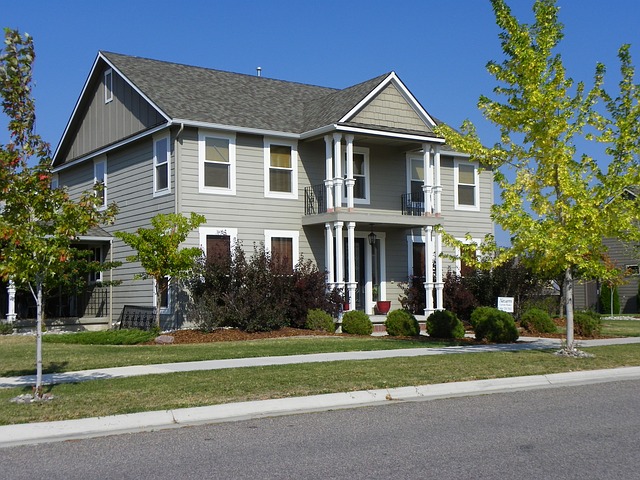Owning your own home is many Australians dream, but it’s not for everyone.
The Pros and Cons of Owning and Renting
Part of the US dream that many people aspire to is to one day own their own home.
But this dream is not for everyone. Buying a house is a lifestyle choice – and a big one at that!
Owning and renting a property each have their pros and cons. Here are some that you may want to keep in the forefront of your mind before making a decision.
Pros of Renting
- Allows you to stay financially free, as you will not have substantial debt through a mortgage.
- Option of securing a fixed or period lease, which enables you to move around with ease instead of being tied to a home.
- No maintenance/repair responsibilities, this will be the landlord or property manager’s job.
- Can rent a house in an area you may not be able to afford to buy in
- Rent stays at a constant amount for agreed tenancy, rather than paying a mortgage at a varying interest rate

Pros of Owning
- You are securing yourself a valuable asset and long-term investment.
- You can choose to do what you wish with the building and the land (within council regulations).
- Equity can be built up over time through your home loan payments and used to buy additional homes or for renovations.
- Have the freedom to have pets or children living at your property
- Choice of location is up to you – great for choosing schools, amenities etc.
Cons of Renting
- You sign onto a fixed tenancy, which may not be good for long-term flexibility.
- Landlord has the right to not renew your lease at the end of your tenancy.
- Many rental properties do not allow pets, so this may not be a suitable option if you have them.
- Your landlord can increase your rent, leaving you to pay more or vacate the property.
- Cannot alter or customize the property to suit your taste.
- Many costs involved in the process, e.g. letting fee, bond, rent in advance.
Cons of Owning
- Will likely require a mortgage, you need to be comfortable with taking on substantial debt.
- Many costs involved in the process, e.g. stamp duty, lawyer fees, loan establishment fees.
- On-going costs, such as maintenance, repairs, council rates, tax.
- It can be difficult and time-consuming to save up for a home deposit (at least 10 per cent of the purchase price).
- Your budget will determine the location that you can buy a home in – potentially leaving you to choose from cheaper suburbs.
Both options of buying or renting a residential property have their plus-sides and their pitfalls. It’s ultimately up to you to decide which option is best suited to your needs and long-term goals.